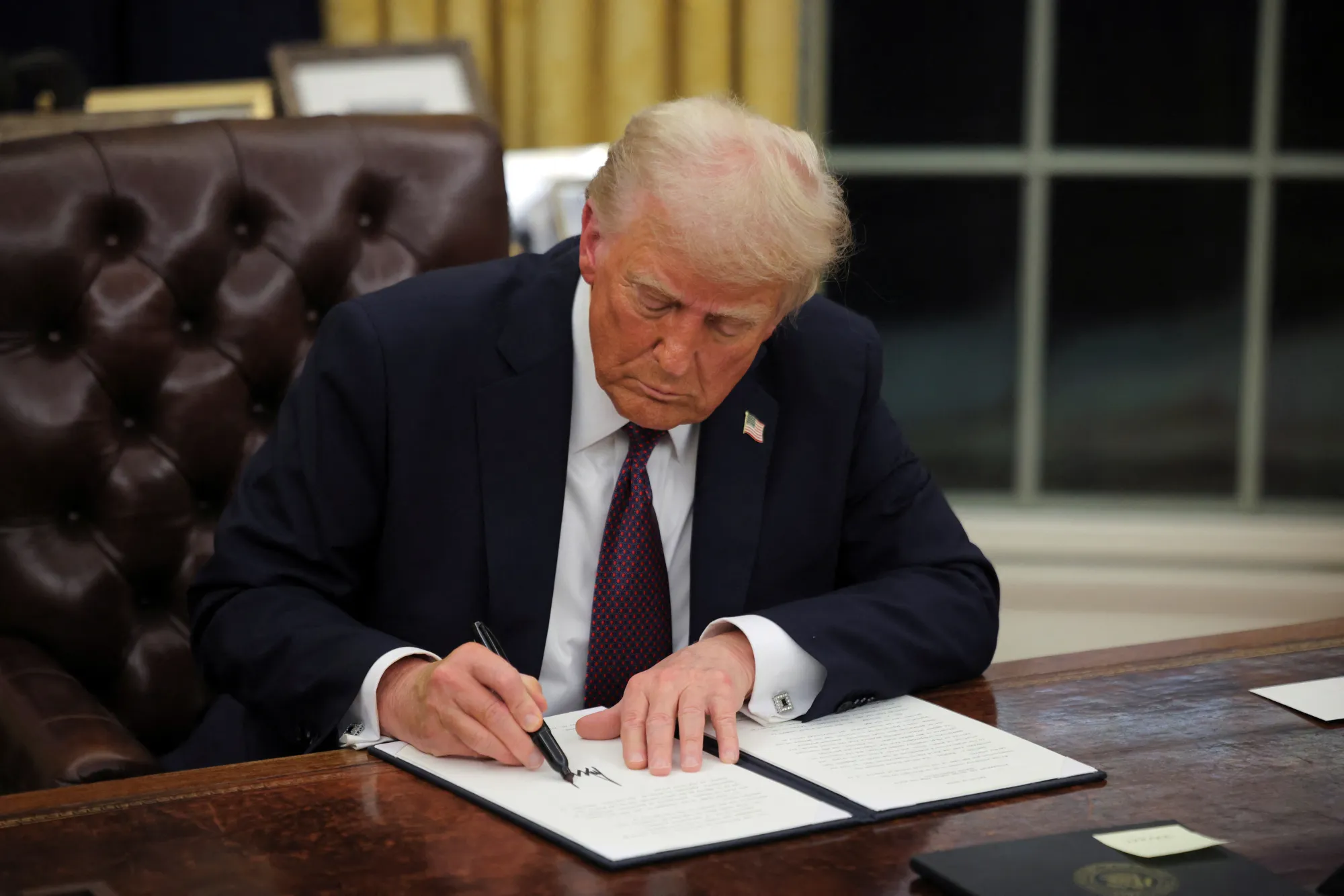Turkey Raises Minimum Wage 30% for 2025, Signaling Commitment to Inflation Fight

Turkey has announced a 30% increase to the minimum wage for 2025, a move that is being seen as a positive signal to investors seeking a commitment to curbing the country’s high inflation rate and a departure from past populist policies, Bloomberg reports.
The decision provides a degree of relief to those concerned about potential economic instability.
Labor Minister Vedat Isikhan announced on Tuesday that the monthly minimum wage will rise to 22,104 liras ($627) from the current 17,002 liras. This increase aligns with market expectations and is significant as more than a third of Turkey’s workforce earns the minimum wage, which also serves as a benchmark for other salaries.
Investors had cautioned against a minimum wage hike exceeding 30%, fearing it could disrupt the central bank’s inflation projections and complicate any potential interest rate cuts. The minimum wage is seen as a critical component of Turkish economic policy.
Turkish policymakers are aiming to reduce price growth to 21% by the end of next year, down from the current 47.1%. The central bank’s Monetary Policy Committee is scheduled to announce its decision on interest rates on Thursday, with a majority of economists surveyed by Bloomberg anticipating a rate cut from the current 50%.
President Recep Tayyip Erdogan, who has the final authority on the politically sensitive minimum wage decision, has previously implemented significant salary increases to win favor with voters struggling with the high cost of living. This has fueled domestic demand and made it more challenging for the central bank to control prices.
Since his reelection last May, Erdogan has appointed a new, market-friendly economic team, including Finance Minister Mehmet Simsek and central bank Governor Fatih Karahan. This team has rapidly increased borrowing costs to 50% in an effort to reverse the effects of previously unorthodox policies, including ultra-low interest rates, earning the approval of international investors.








